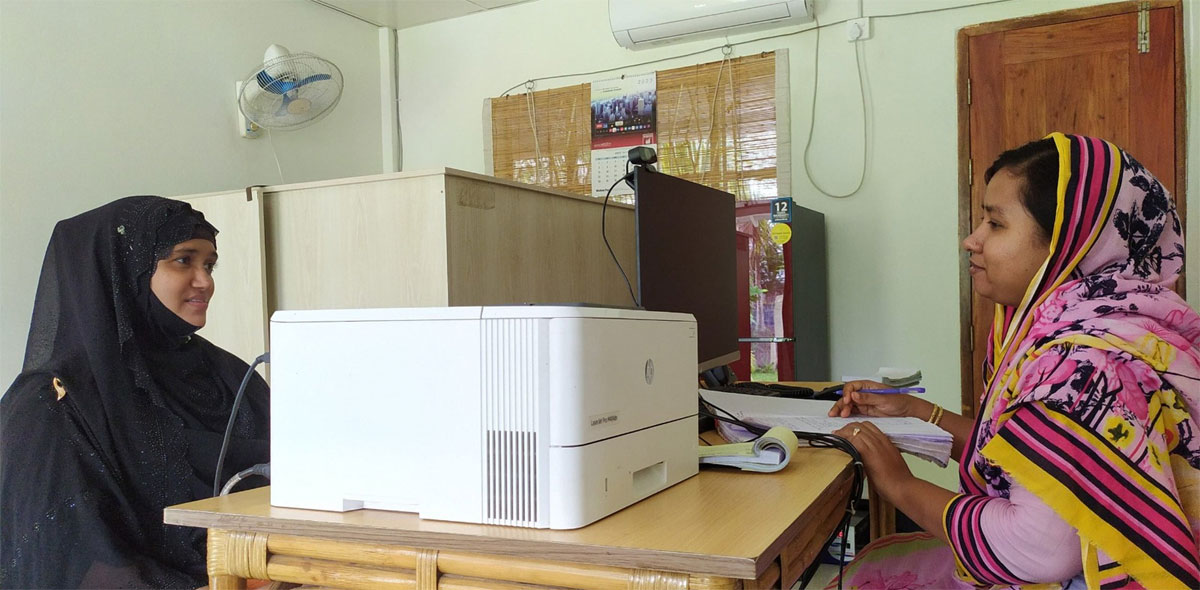Importance of this Initiative
Globally, non-communicable diseases such as cancers, heart disease-hypertension and coronary heart disease, diabetes, and respiratory diseases such as chronic obstructive lung disease and asthma, are affecting ever-greater numbers of people. The nature of efforts to control these conditions is changing with increasing emphases, fueled by public and political demand, on prevention, prompt diagnosis, and patient experience during and after treatment. At the same time, primary care is increasingly promoted by governments and health funders worldwide as the preferred setting for health care to meet the demands of increasing need, stabilize health-care costs, and accommodate patient preference for care close to home.
Thus, it is timely to consider how primary care can influence approaches for cancer and other common chronic health conditions, which have long been dominated by highly technical interventions centered on treatment, and in which the contribution of primary care has been largely perceived as marginal (See- https://www.thelancet.com/commissions/primary-care).
In June 2024, on its 8.2-acre medical campus in Rampal, in climate-change-threatened southern Bangladesh, with significant financial assistance from the Bangladesh Government, Amader Gram Cancer Care & Research Center (AGCRC) will complete construction of two three-story buildings: a 12,090 sq. ft. Ambulatory Care Clinic and a 14,728 sq. ft. Diagnostic center. Based in these facilities, the goal of AGCRC is to provide accessible and high-quality primary care for all 160,000 Rampal residents and self-selected regional residents before 2027, under a sustainable social business model.
Key components of our medical service system are: A well-developed primary care ambulatory service model focusing on non-communicable diseases (NCDs) with major paraprofessional-specialist conduct of routine guideline-defined processes, key capacities for point-of-care diagnostic tests, and immediate tele-consults, facilitated by a Bangladesh-customized, interoperable electronic medical record system focused on major patient care-related functionalities, and wireless broadband connections using the Microsoft Teams communication platform.
To build a model health system


